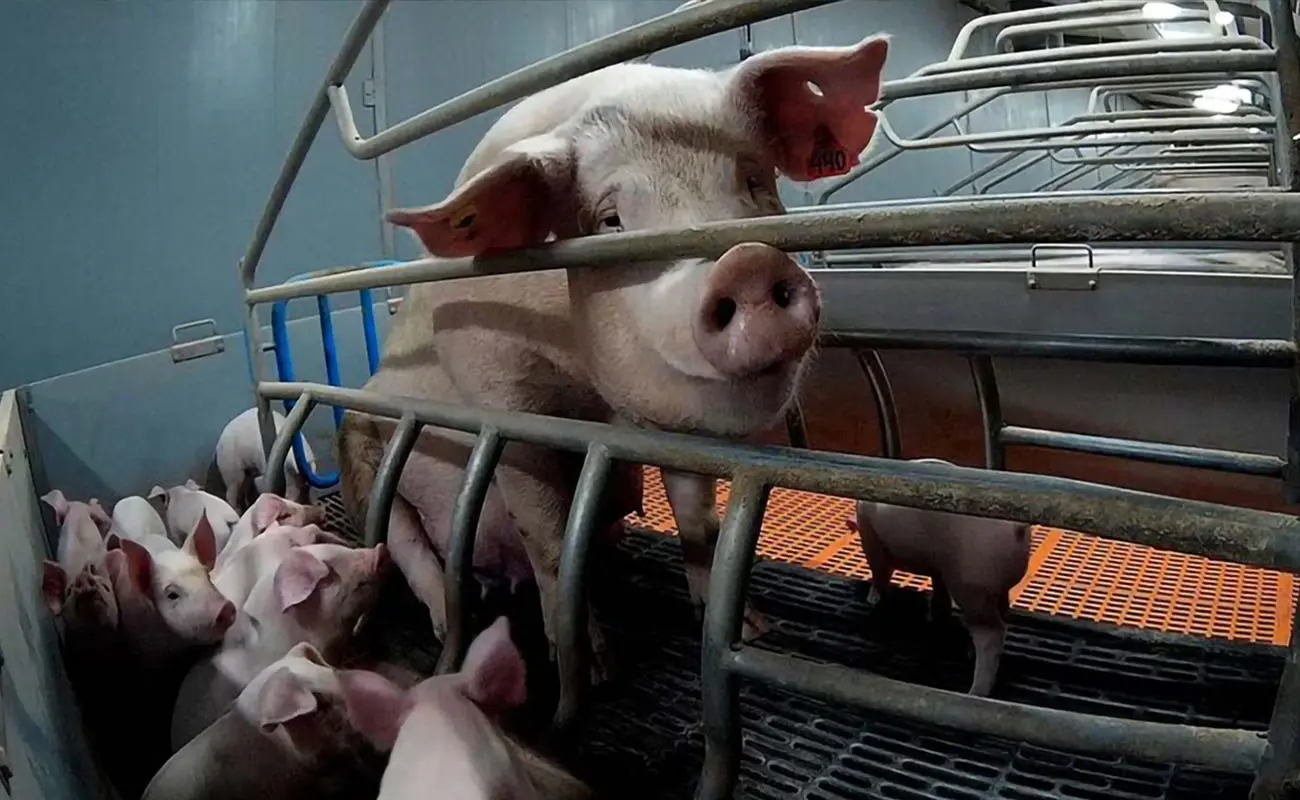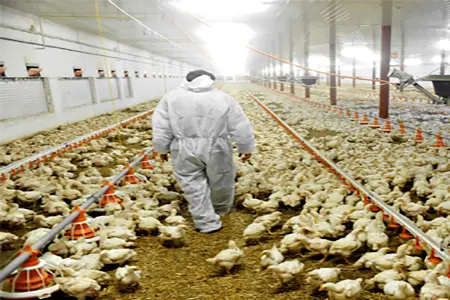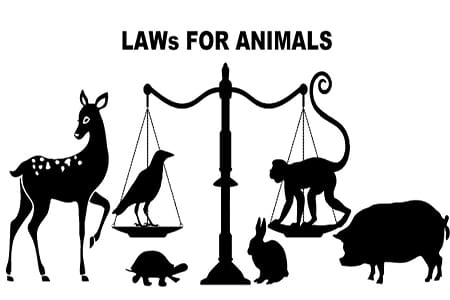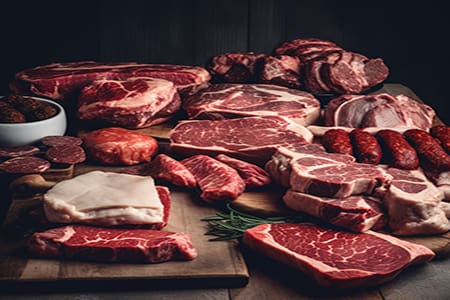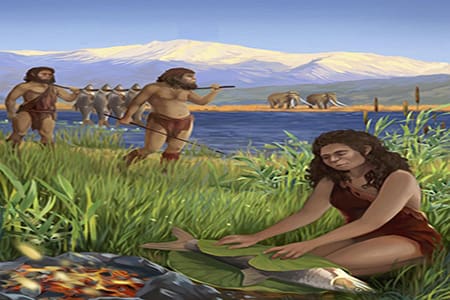Advocacy is about raising voices and taking action to protect animals, promote justice, and create positive change in our world. This section explores how individuals and groups come together to challenge unfair practices, influence policies, and inspire communities to rethink their relationship with animals and the environment. It highlights the power of collective effort in turning awareness into real-world impact.
Here, you’ll find insights into effective advocacy techniques like organizing campaigns, working with policymakers, using media platforms, and building alliances. The focus is on practical, ethical approaches that respect diverse perspectives while pushing for stronger protections and systemic reforms. It also discusses how advocates overcome obstacles and stay motivated through persistence and solidarity.
Advocacy isn’t just about speaking out—it’s about inspiring others, shaping decisions, and creating lasting change that benefits all living beings. Advocacy is framed not only as a response to injustice but as a proactive pathway toward a more compassionate, equitable, and sustainable future—one where the rights and dignity of all beings are respected and upheld.
Veganism has emerged as a powerful movement that defies political boundaries, appealing to shared values that unite people across the ideological spectrum. Rooted in compassion for animals, environmental responsibility, personal health, and social equity, it challenges stereotypes and invites individuals from all walks of life to rethink their choices. This article uncovers how veganism transcends traditional divides, fostering a collective commitment to creating a kinder, healthier planet for everyone





